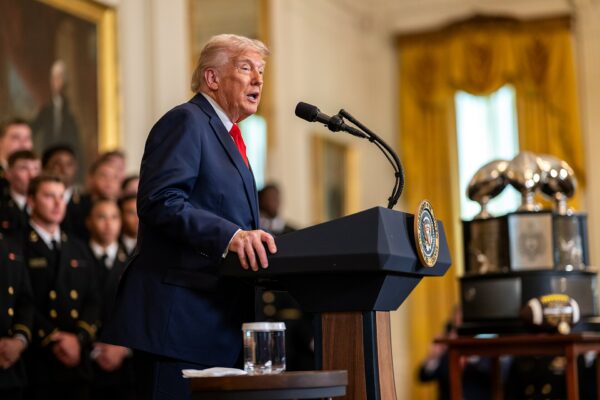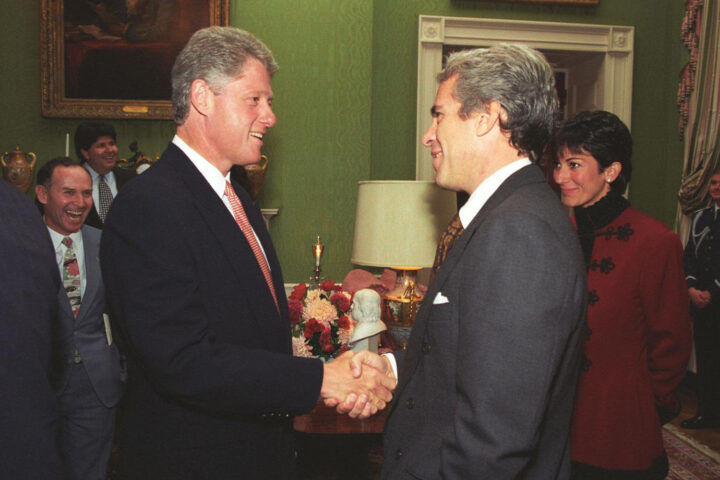President Donald J. Trump reportedly intensified his pressure campaign on two of the United States’ largest trading partners over the weekend, threatening to impose sweeping 30 percent tariffs on imports from Mexico and the European Union if new trade agreements are not finalized by August 1.
In formal communications sent to the leaders of both regions, Mr. Trump tied the proposed tariffs to national security and economic concerns, citing the flow of fentanyl from Mexico and what he described as persistent trade imbalances with European nations.
He indicated that exemptions would be offered to European manufacturers who relocate operations to the United States and suggested that the tariff rate could be lowered if the European Union dismantles what he called unfair barriers to U.S. goods.
The threats sparked alarm across European capitals, where trade officials called the proposed measures “punitive and reckless.”
While retaliation was initially considered, European leaders have opted to delay countermeasures in hopes that negotiations over the coming weeks can avert a broader trade confrontation.
Mexico, whose economy is tightly integrated with that of the U.S., has not publicly responded to the proposed tariffs but is expected to engage in high-level talks in Washington this week.
The announcement marks a dramatic escalation in Mr. Trump’s ongoing efforts to reshape the global trade landscape.
During his previous term, he made tariffs a centerpiece of his economic agenda, targeting steel, aluminum, and auto imports and frequently using trade barriers as leverage in broader political disputes.
Markets reacted cautiously to the news.
Though major indexes dipped slightly, investors appear to be banking on a negotiated resolution, mindful that similar threats in the past have sometimes yielded concessions without full implementation.
Analysts warn, however, that a new round of tariffs—especially at the scale proposed—could trigger significant disruptions. U.S. consumers could face higher prices on cars, electronics, and everyday goods.
Businesses that rely on cross-border supply chains may see operational costs rise, and some economists caution that global growth could be undermined if tensions escalate further.
Still, Mr. Trump remains undeterred, portraying the tariffs as a tool to restore what he considers fairness and accountability in international trade. With the deadline looming, both allies and adversaries are bracing for a potentially volatile summer of negotiations.
[READ MORE: DeSantis Floated As Potential AG Replacement]








